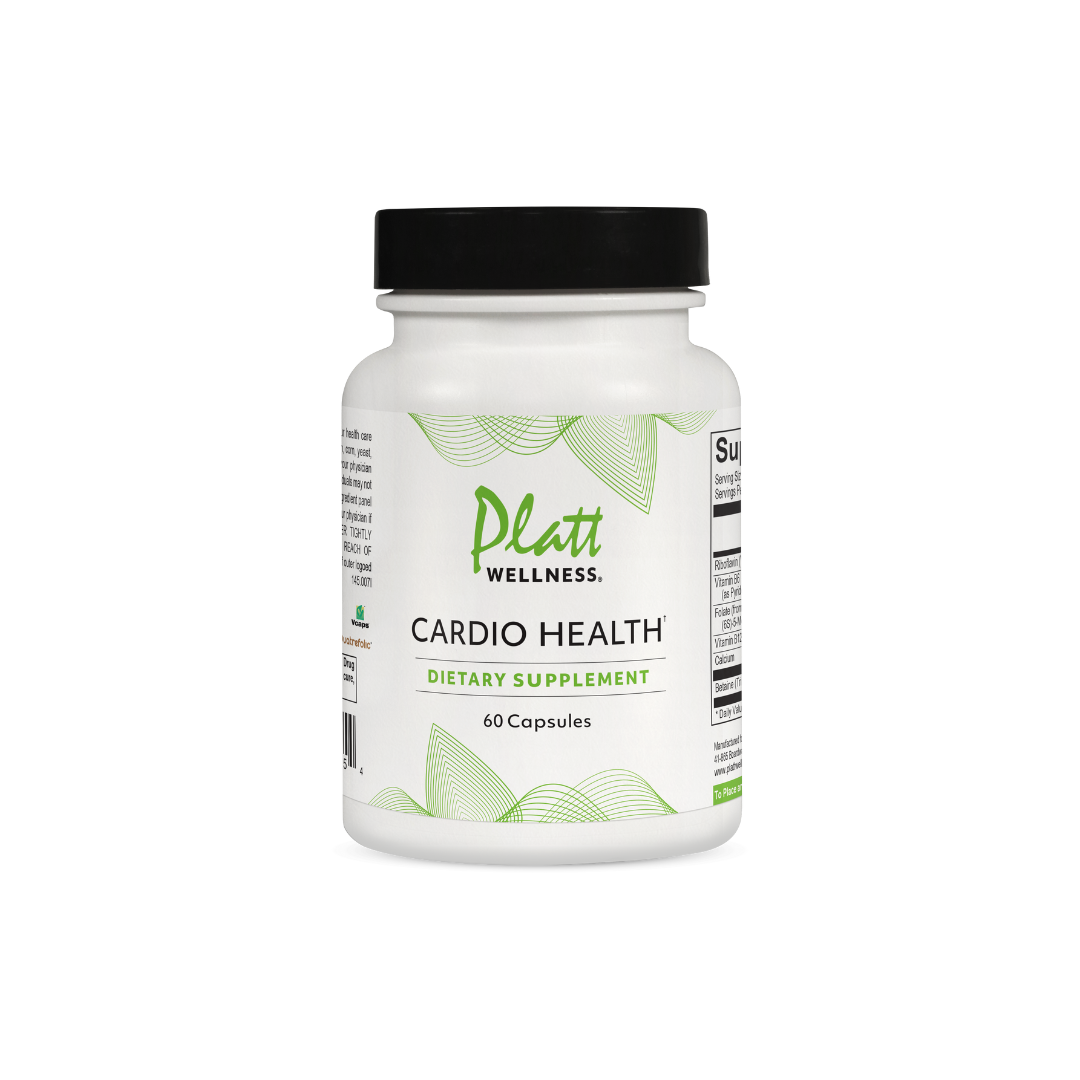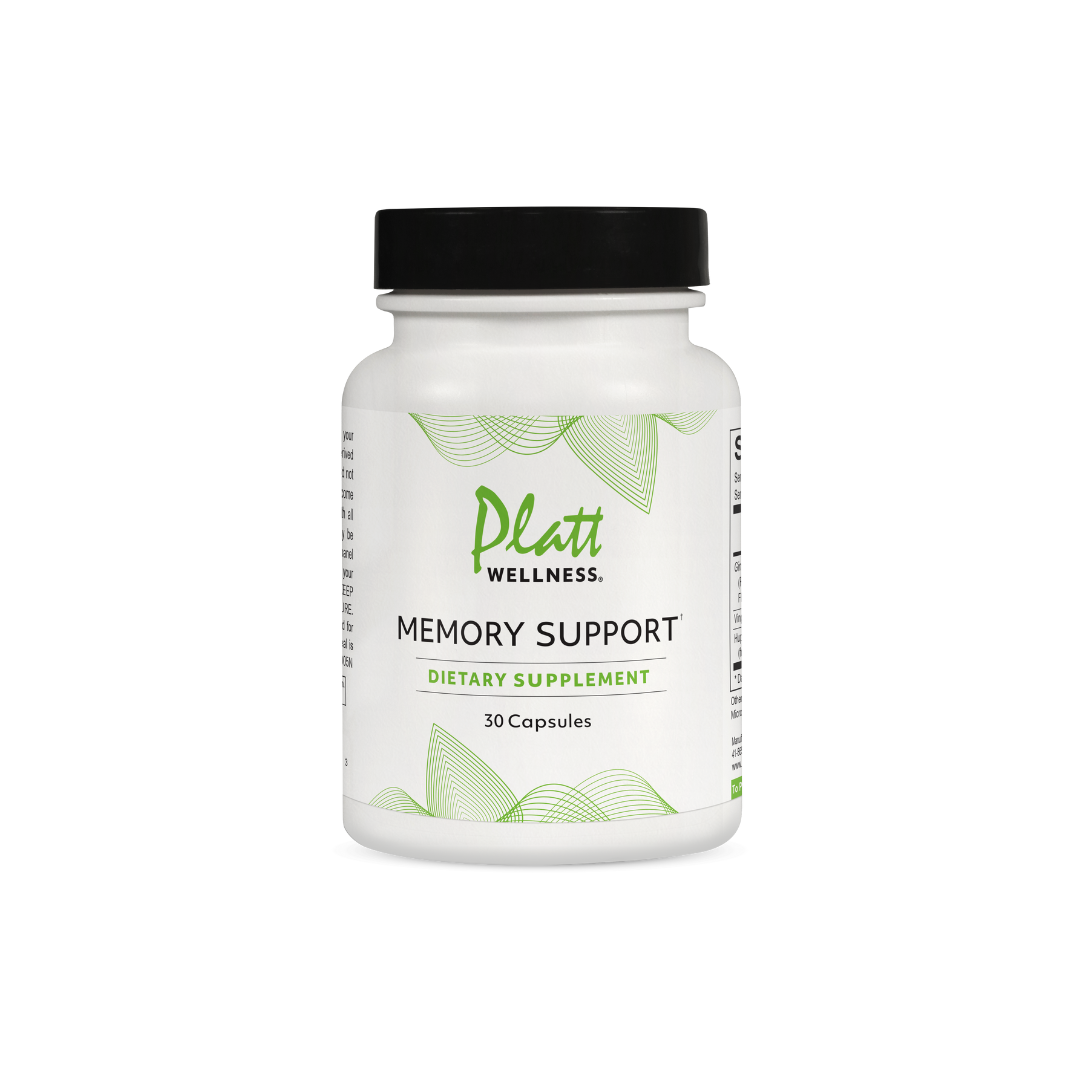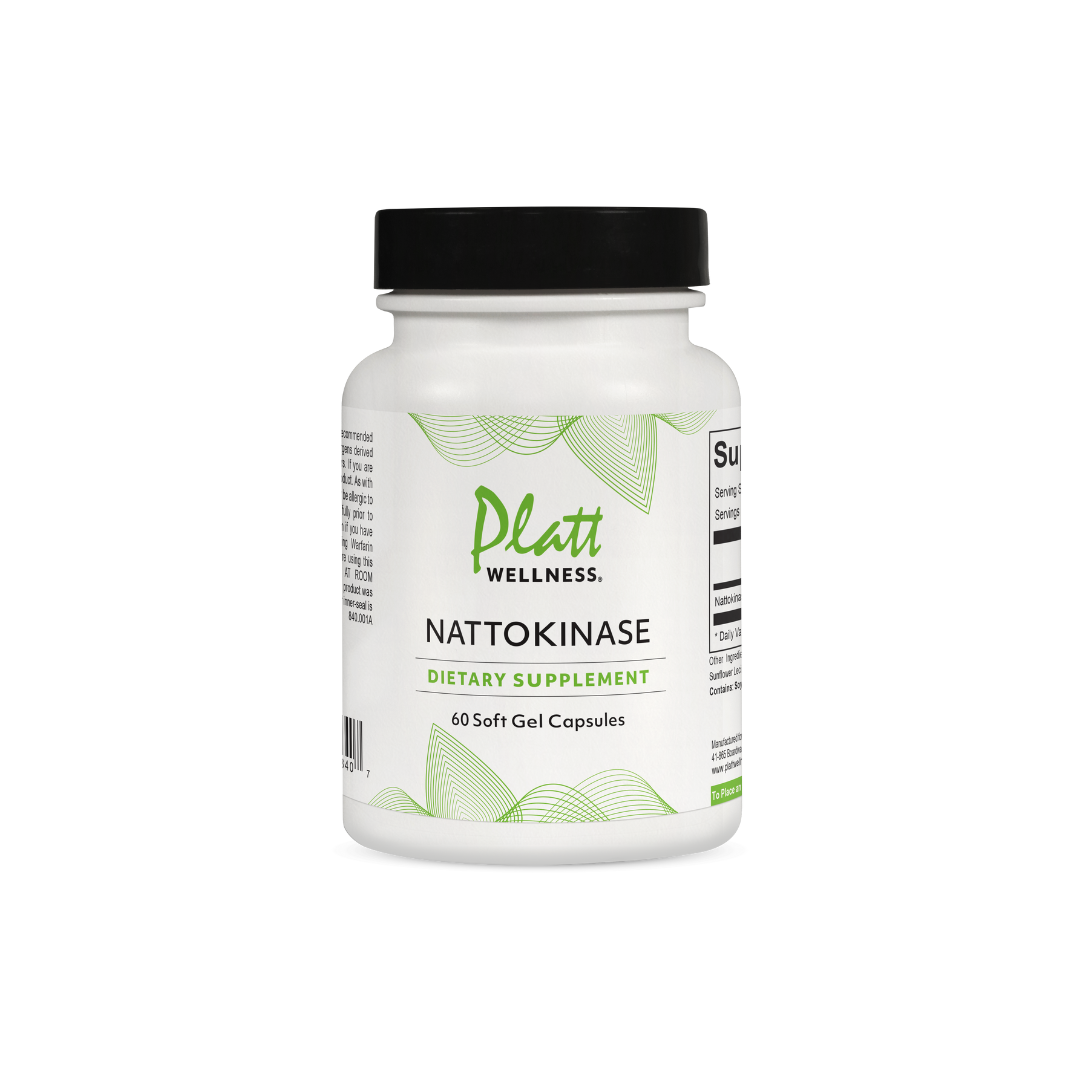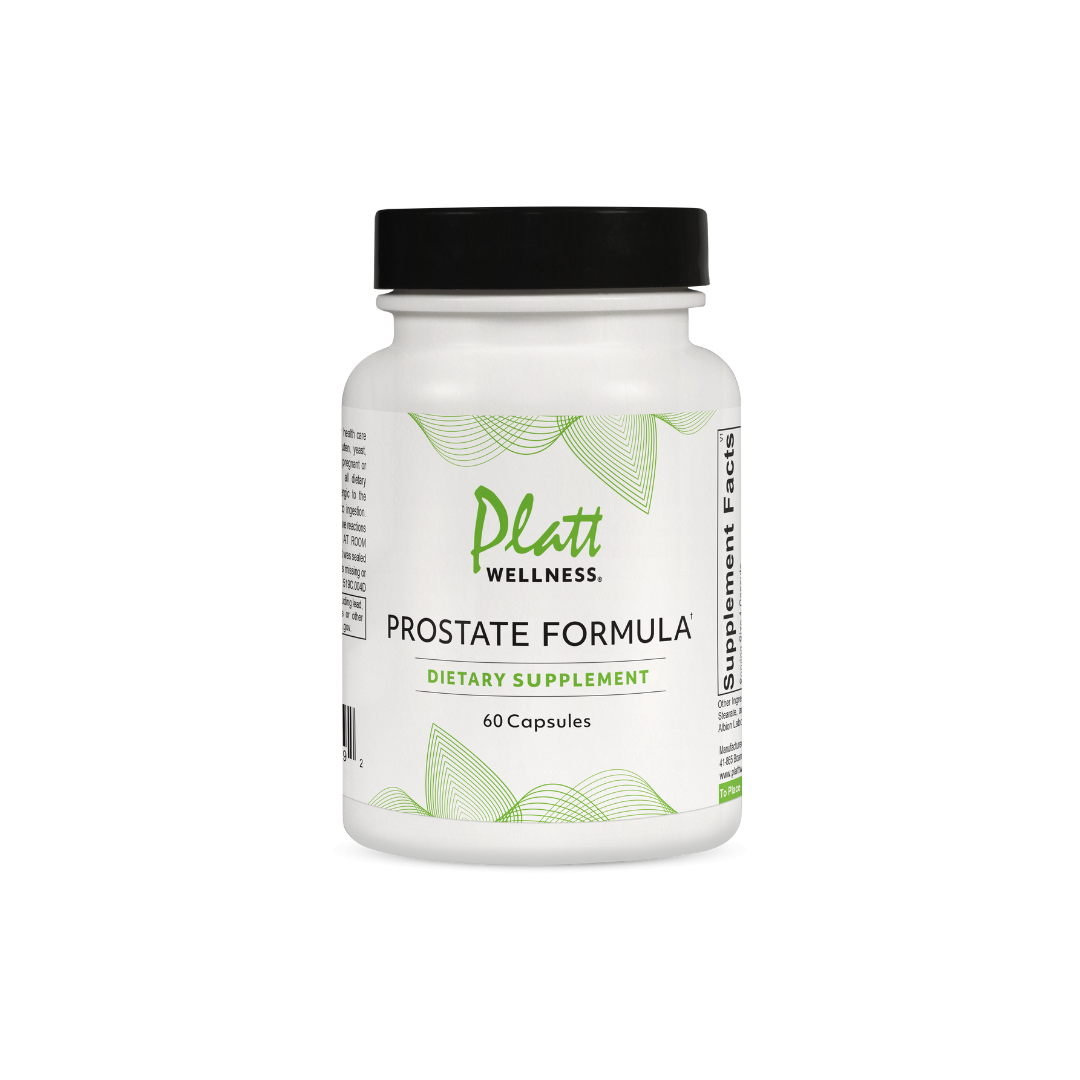When women approach menopause, many symptoms caused by the changing of hormones come with many undesirable symptoms, including hot flashes, mood swings, weight gain, irritable bowels, and menopause belly, the fat accumulation around the stomach that begins in perimenopause.
But why irritable bowels? Well, recent research is now finding that there is a two-way communication between estrogen and the gut. When the ovaries cease production of estrogen, detrimental changes occur in the gut microbiome. The initial condition results in gut inflammation. The pathogenesis of 'leaky gut' in post-menopause is brought on by the change in hormones, leading to a change in the microbiome that leads to gut inflammation.
A University of Washington and University of California, Los Angeles (1) joint study found some interesting points regarding gastrointestinal disorders and fluctuating hormones. In women who had previously suffered from irritable bowel syndrome (IBS), inflammatory bowel disease (IBD), or other gastrointestinal distress resulting in abdominal pain, bloating, constipation and/or diarrhea, will often have symptoms worsen in the postmenopausal phase. Upon reaching menopause, healthy women may begin to experience gut motility issues, food sensitivities, and/or gut inflammation. Decreases in estrogen and progesterone can slow down digestive processes and increase histamines.
The gut microbiome refers to the trillions of microorganisms, including bacteria, viruses, fungi, and other microbes, that reside in the gastrointestinal tract. Research has shown that estrogen receptors are present in the gastrointestinal tract, indicating a potential role for estrogen in gut health.
The important role of estrobolome, defined by Plottel and Blaser in 2011 (2), is an array of gut microorganisms that play a role in the metabolism of estrogens. It is a bidirectional highway of communication between circulating estrogen and gut estrogen. Circulating hormones promote a healthy microbiome and the estrobolome, in turn, works to maintain a balanced level of circulatory estrogen.
Here are some ways that hormones influence the gut microbiome:
Estrogen and Gut Microbiome: Estrogen receptors are present in the gut, and estrogen has been shown to have a protective effect on the gut lining. As women enter menopause and experience a decline in estrogen levels, these protective effects may diminish. Changes in estrogen levels can influence the abundance and diversity of gut bacteria.
Anti-Inflammatory Effects: Estrogen is known for its anti-inflammatory properties. By modulating inflammation, estrogen may contribute to a healthier gut environment. Chronic inflammation in the gut can disrupt the balance of the microbiome.
Maintaining Gut Barrier Integrity: Estrogen has been shown to play a role in maintaining the integrity of the gut barrier. A healthy gut barrier helps prevent the leakage of harmful substances from the gut into the bloodstream (aka leaky gut).
Influence on Immune Function: Estrogen has immunomodulatory effects, and these effects can extend to the gut. A balanced immune response is essential for maintaining a healthy and diverse gut microbiome.
Metabolism and Weight Gain: Hormonal changes during menopause, including a decrease in estrogen and progesterone, are associated with changes in metabolism and an increased likelihood of weight gain, particularly around the abdomen. Weight gain and obesity can also impact the composition of the gut microbiome. Progesterone is a thermagenic hormone and helps with weight loss.
Diet and Hormones: Dietary choices during menopause can further influence the gut microbiome. Hormonal changes may lead to changes in appetite and food preferences, and the types of foods consumed can impact the composition of the gut microbiome.
It's important to note that research in this area is ongoing, and the relationship between menopausal hormonal changes and the gut microbiome is complex and not fully understood. Factors such as diet, lifestyle, and individual variations also play significant roles in shaping the gut microbiome.
What can you do to prevent Irritable Bowel syndrome pre and post menopause?
- Whole food diet containing an array of vegetables, healthy fats, and proteins
- Adequate, restorative sleep
- Moderate, daily exercise
- Stress management
Transdermal Bio-Identical Hormones: Topical application of hormone creams allows the hormones to be absorbed quickly and connect to your receptor sites throughout the body. This method bypasses the liver, where if you were taking oral medication, 80-85% of hormones may be lost. Therefore, transdermal creams are especially beneficial for women who are experiencing gastrointestinal absorption disorders. By ensuring more hormones efficiently reach their receptor sites, dosages of hormone creams can be much lower than their oral counterparts.
Our Bio-Identical Hormone Creams are manufacturered for maximum efficiency, soy free, MSM free, Paraben free, EDTA free and fragrance free.
Gut Healthy Supplements: As you age, your stomach acid reduces the effectiveness of breaking down your food. Enzymes supplements are essential to help break down and metabolize your food.
When digestion slows down, it causes more water to be reabsorbed back into the bloodstream leading to constipation, gas, and bloating. An increase in gut histamines brings on sensitivities to foods later in life. Enzymes are key to help break down food.
Millions of post-menopausal women can find relief from symptoms or prevent the onset of a quality-of-life ruining chronic disorder. Hormone sufficiency is the key.
The following supplements are of the highest quality to help you digest and repair your gut.
Magnesium-HP™ - Gut-Friendly to promote mobility and brain health
HoloZyme™ - Fast Acting Enzymes to promote digestion
Tributyrin-X™ - Microbiome Support to repair gut permeability
*These supplements are mentioned above are trademarks of Healthy Gut.
It's important to note that research in this area is ongoing, and the relationship between menopausal hormonal changes and the gut microbiome is complex and not fully understood. Factors such as diet, lifestyle, and individual variations also play significant roles in shaping the gut microbiome.
**DISCLAIMER - These statements have not been evaluated by the FDA. These products are not intended to diagnose, treat, cure, or prevent disease or medical conditions. The products and information found on plattwellness.com are not intended to replace professional medical advice or treatment. Individual results may vary.
References
1. Heitkemper MM and Chang L. Do fluctuations in ovarian hormones affect gastrointestinal symptoms in women with irritable bowel syndrome? Gend Med. 2009;6 Suppl 2(Suppl 2):152-67. doi: 10.1016/j.genm.2009.03.004.
2. Plottel CS and Blaser MJ. Microbiome and malignancy. Cell Host Microbe. 2011 Oct 20;10(4):324-35. doi: 10.1016/j.chom.2011.10.003.
3. Jonassen F, Granerus G, and Wetterqvist H. Histamine metabolism and female sex hormones in women. Acta Obstet Gynecol Scand. 1976;55(5):387-94. doi: 10.3109/00016347609158521.
Additional Review Articles for Further Reading:
- Baker JM, Al-Nakkash L, and Herbst-Kralovetz MM. Estrogen-gut microbiome axis: Physiological and clinical implications. Maturitas. 2017 Sep;103:45-53. doi: 10.1016/j.maturitas.2017.06.025.
- Neuman H, Debelius JW, Knight R, and Koren O. Microbial endocrinology: the interplay between the microbiota and the endocrine system. FEMS Microbiol Rev. 2015 Jul;39(4):509-21. doi: 10.1093/femsre/fuu010.
- Siddiqui R, Makhlouf Z, Alharbi AM, et al. The Gut Microbiome and Female Health. Biology (Basel). 2022 Nov 21;11(11):1683. doi: 10.3390/biology11111683.
- Wend K, Wend P, and Krum SA. Tissue-Specific Effects of Loss of Estrogen during Menopause and Aging. Front Endocrinol (Lausanne). 2012 Feb 8;3:19. doi: 10.3389/fendo.2012.00019.
-
Estrogen-gut microbiome axis: Physiological and clinical implications: https://pubmed.ncbi.nlm.nih.gov/28778332/








